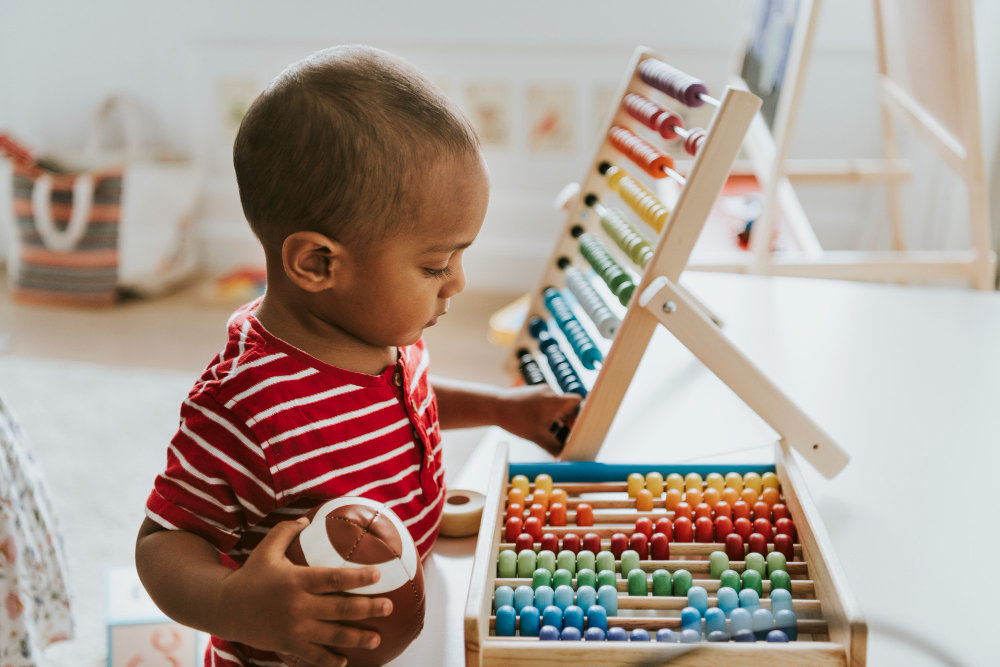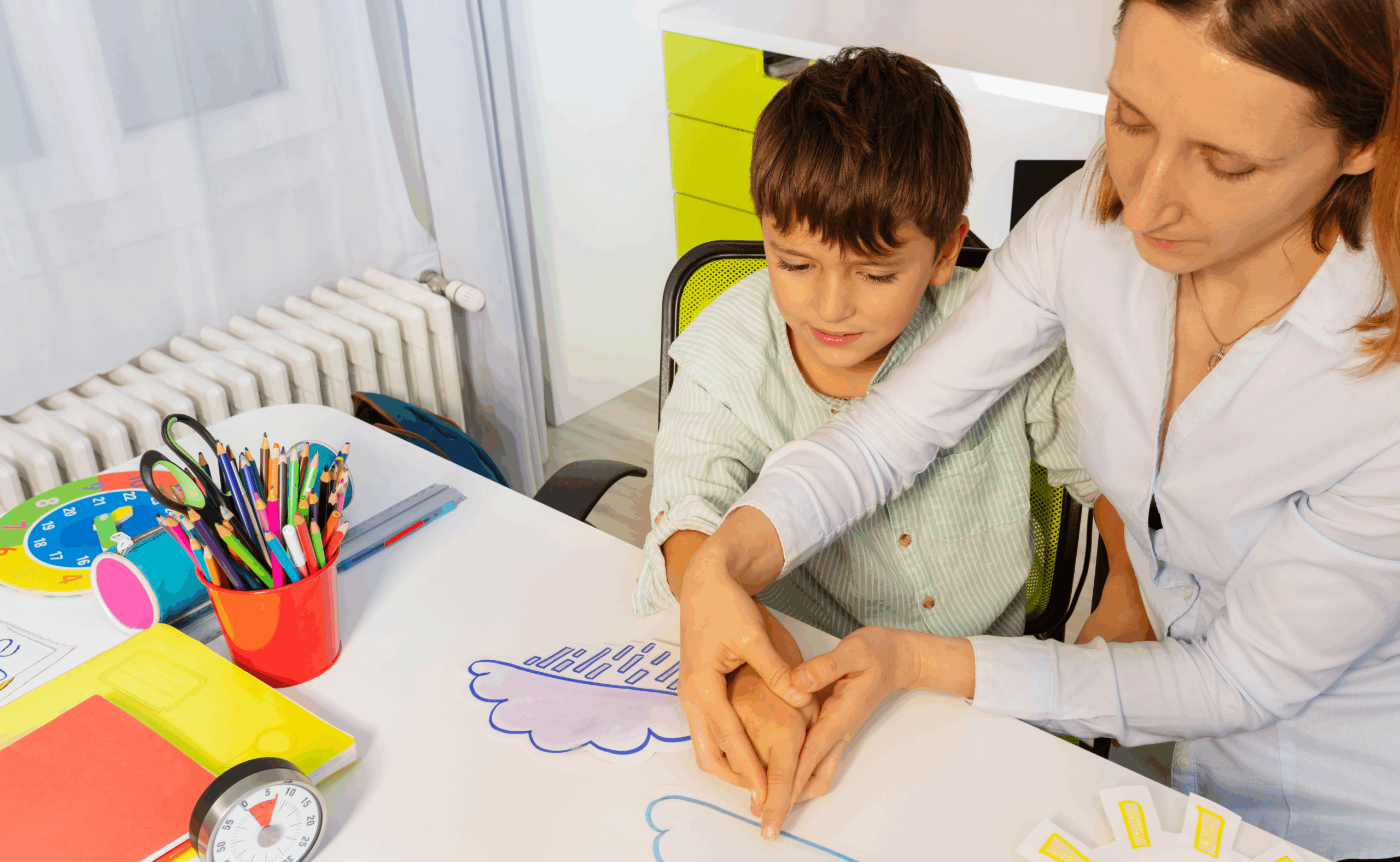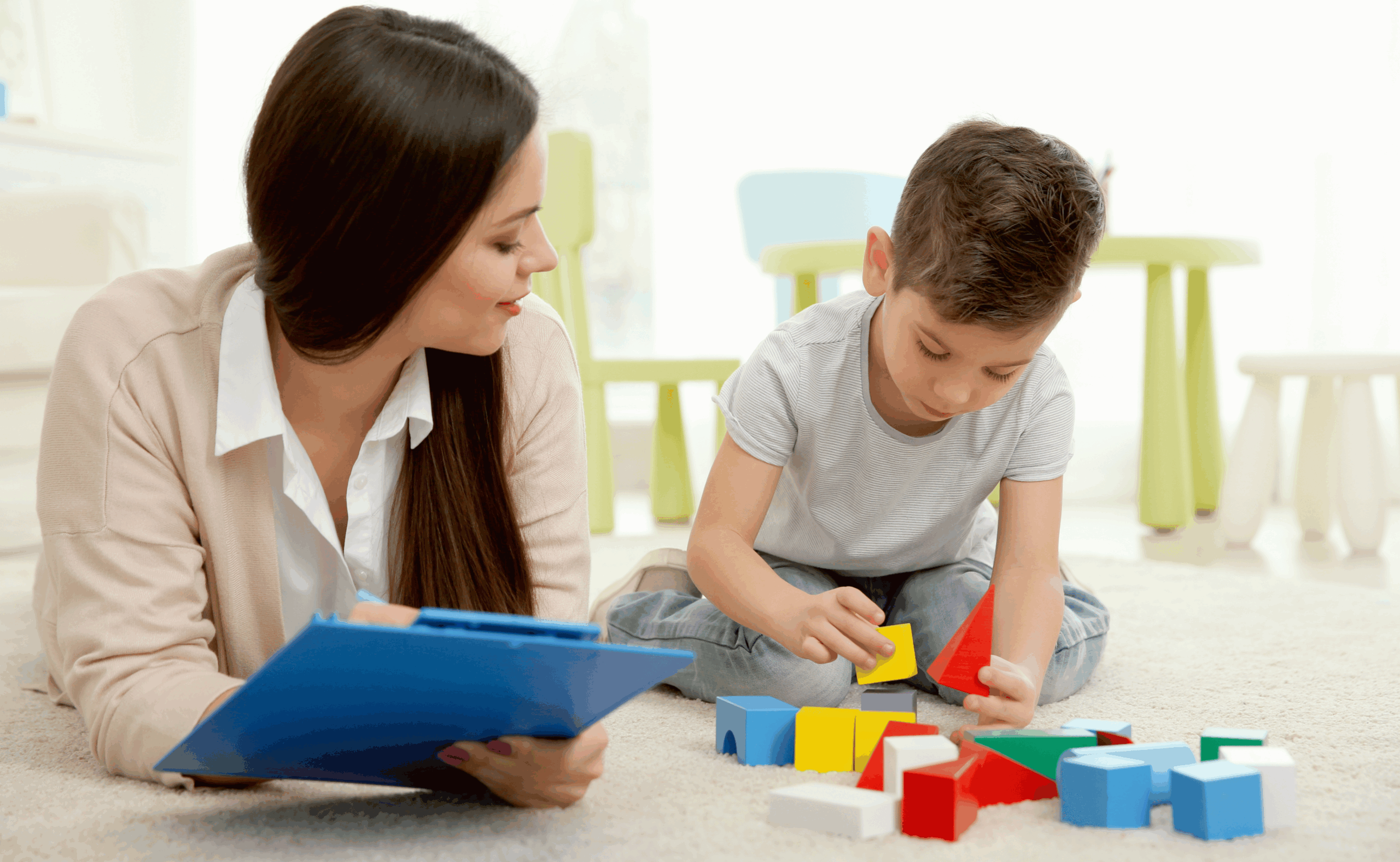As a parent, watching your child grow and develop is one of life’s greatest joys. Ensuring their healthy development is a top priority, and daycare plays a crucial role in this process. Understanding how to monitor your child’s early development while in Ohio daycare is essential for their well-being and future success.
Understanding Early Development in Children
Before diving into monitoring your child’s development, it’s essential to grasp the basics of early childhood development. This period, from birth to age eight, is marked by rapid physical, cognitive, social, and emotional growth. Children learn and develop at different paces, but there are general milestones to expect in various areas.
Physical Development
Physical development in early childhood includes the progression of gross motor skills, fine motor skills, and sensory development.
- Gross Motor Skills
These involve the large muscles used for activities such as crawling, walking, running, and jumping. Milestones include lifting the head while lying on the stomach, sitting without support, and eventually walking and running with coordination. - Fine Motor Skills
These involve the small muscles used for precise movements like grasping objects, using utensils, drawing, and buttoning clothes. Early milestones include reaching for and holding toys, turning pages in a book, and manipulating small objects. - Sensory Development
This encompasses the maturation of the senses—sight, hearing, touch, taste, and smell. Sensory milestones include responding to visual and auditory stimuli, recognizing familiar faces and sounds, and exploring the environment through touch and taste.
Cognitive Development
Cognitive development refers to the progression of thinking, learning, problem-solving, and memory skills.
- Thinking and Learning
Children begin to explore their environment and learn through play and interaction. Early cognitive milestones include recognizing objects and people, understanding cause and effect, and beginning to solve simple problems. - Problem-Solving
As children grow, they develop the ability to solve more complex problems, such as figuring out how to fit shapes into a sorter or completing simple puzzles. - Memory Skills
Memory development allows children to recall people, events, and objects. Early memory milestones include recognizing familiar faces, recalling the location of hidden objects, and later, remembering sequences of actions and events.
Social and Emotional Development
Social and emotional development involves building relationships, understanding emotions, and developing self-esteem.
- Building Relationships
From an early age, children start to form bonds with caregivers and peers. Social milestones include smiling at familiar faces, playing simple games like peek-a-boo, and eventually, engaging in cooperative play with other children. - Understanding Emotions
Children learn to identify and express their own emotions as well as recognize and respond to the emotions of others. Emotional milestones include showing affection, expressing a range of emotions, and beginning to understand concepts like empathy. - Developing Self-Esteem
Positive interactions and achievements help build a child’s self-esteem. Milestones include gaining independence in tasks like dressing, showing pride in accomplishments, and developing a sense of self and personal identity.
Language Development
Language development encompasses the ability to communicate, understand, and express thoughts and feelings.
- Communication
Early communication milestones include cooing, babbling, and eventually speaking first words and simple sentences. Children also begin to understand and follow simple instructions. - Understanding
As children grow, they improve their ability to comprehend language, including understanding questions and following multi-step directions. - Expressing Thoughts and Feelings
Language development allows children to express their needs, thoughts, and emotions more clearly. Milestones include using more complex sentences, expanding vocabulary, and telling simple stories.
Understanding these aspects of early childhood development provides a foundation for recognizing and supporting your child’s growth and progress. Remember, each child is unique and may reach these milestones at different times.
Building a Partnership with Your Daycare
A strong partnership with your child’s daycare provider is crucial for effectively monitoring and supporting your child’s development. This partnership ensures that both you and the caregivers are aligned in understanding and meeting your child’s needs.
Open Communication
Maintaining open and regular communication with your child’s daycare caregivers is essential for staying informed about your child’s progress and well-being.
- Regular Updates
Establish a routine for receiving updates about your child’s day. This can be through daily reports, emails, or quick conversations during drop-off and pick-up times. Ask about your child’s activities, interactions with peers, and any notable behaviors. - Developmental Concerns
If you have any concerns about your child’s development, discuss them openly with the caregivers. Similarly, encourage the caregivers to share their observations and concerns with you. - Feedback and Suggestions
Provide feedback to the caregivers about what is working well and what could be improved. Be open to their suggestions on how to support your child’s development at home.
Share Information
Sharing relevant information about your child’s development, health, and preferences helps daycare providers cater to your child’s specific needs.
- Developmental Milestones
Inform the caregivers about any recent milestones your child has achieved or areas where they may need additional support. - Health Information
Keep the daycare updated on your child’s health status, including any allergies, medical conditions, or recent illnesses. Provide detailed information about any medications your child may be taking. - Preferences and Routines
Share your child’s likes, dislikes, and daily routines. This includes their favorite activities, comfort items, and sleep and eating habits. Knowing these details helps caregivers create a comfortable and supportive environment for your child.
Observe Your Child
Observing your child’s behavior both at home and at daycare provides valuable insights into their development and well-being.
- Behavioral Comparisons
Pay attention to how your child behaves in different settings. Note any differences in their social interactions, emotional responses, and activity levels at home versus at daycare. - Feedback Loop
Use these observations to engage in meaningful conversations with the caregivers. Discuss any noticeable differences and work together to understand and address any underlying issues. - Consistency and Support
Ensure that the approaches and strategies used at daycare align with those at home. Consistency helps reinforce positive behaviors and supports your child’s overall development.
Collaborative Approach
Fostering a collaborative approach between you and the daycare providers creates a supportive environment for your child’s growth.
- Goal Setting
Work together with the caregivers to set developmental goals for your child. This might include improving social skills, language development, or fine motor skills. Regularly review and adjust these goals based on your child’s progress. - Parental Involvement
Participate in daycare activities and events whenever possible. This shows your child that you are engaged in their daily experiences and value their education and development. - Problem Solving
Address any challenges or concerns collaboratively. Whether it’s a behavioral issue or a developmental delay, working together ensures that your child receives consistent support.
Building a strong partnership with your child’s daycare allows you to create a cohesive and nurturing environment that supports your child’s development. This collaboration not only helps track developmental milestones but also ensures that your child feels secure and supported both at home and at daycare.
Monitoring Your Child’s Development
Watching your child grow and learn is an incredible journey filled with milestones and moments of wonder. As a parent, you play a vital role in nurturing your child’s development. Daycare can be a significant part of this journey, providing a stimulating environment for your child to explore and learn.
But how can you ensure your child is thriving?
Understanding the basics of child development and knowing how to monitor your child’s progress while in daycare is essential. Here are some steps on how you can support your child’s early growth and development.
- Developmental Milestones
Familiarize yourself with age-appropriate developmental milestones to understand what typical progress looks like. Milestones cover various domains, including physical, cognitive, social-emotional, and language development. Knowing these benchmarks will help you recognize if your child is progressing as expected or if there might be areas that need attention. Resources such as the Centers for Disease Control and Prevention (CDC) and the American Academy of Pediatrics provide detailed milestone checklists. Regularly reviewing these can give you a clear idea of what to expect at each stage of your child’s growth. - Observe and Document
Keep a detailed record of your child’s achievements and any challenges they may face. This documentation can take many forms, such as a written journal, a dedicated notebook, or a digital solution like a smartphone app. Regularly noting significant events, behaviors, and developmental progress will not only help you track your child’s growth over time but also provide valuable information for healthcare providers. This data can be instrumental during medical checkups, as it offers a comprehensive view of your child’s development, making it easier to spot patterns or potential issues. - Trust Your Instincts
As a parent, you have a unique insight into your child’s behavior and development. If something feels off or if you have concerns about your child’s progress, trust your instincts and seek advice. Don’t hesitate to discuss your observations with your daycare provider or pediatrician. Early intervention is crucial for addressing developmental delays or other concerns, and your proactive approach can make a significant difference in your child’s health and well-being. Professionals can offer guidance, conduct assessments, and provide resources or referrals to specialists if needed, ensuring your child receives the support they need.
Let Your Child Grow and Thrive at Clever Bee Academy
Monitoring your child’s early development is a rewarding journey that involves a partnership between you, your child, and their daycare provider. Keep in mind that every child develops at their own pace. Trust your instincts and seek support when needed. With love, care, and attention, you can help your child reach their full potential.
Are you searching for a daycare in Ohio that will help your child grow and thrive? At Clever Bee Academy, we are dedicated to fostering social-emotional learning in all our students. Our child development centers provide a nurturing environment where children can reach their full potential. We support children from infancy to twelve years old, catering to the diverse needs of each age group. Schedule a tour to visit our locations and meet our dedicated educators, who are passionate about nurturing your child’s social-emotional growth and overall development.







